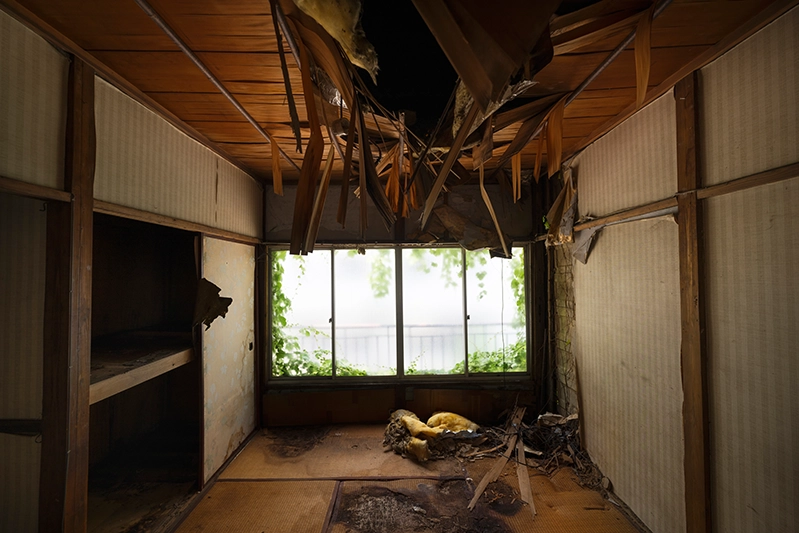
- Immediately report the loss
Your homeowner’s insurance company should be notified immediately of any water damage. If there is a natural disaster, the insurance company
may be processing several similar claims (especially if the water damage was caused by a major downpour, melting snow, hurricane, freezing pipes or flooding), so they will work on a first-come, first-serve basis. The sooner you file a claim, the sooner an adjuster can assess the damage and pay you for repairs to restore your life.
- Safeguard undamaged items
After filing a claim, move your undamaged items to protect them from damage. Save items before the water reaches them to minimize your water damage claim. Moving items out of harm’s way will ensure that you do not have to spend time fighting for monies to replace them and the hassle of going out and buying new items. Even slight water damage may ruin your goods.
- Record Damages
Photograph and/or videotape all water damage. Record all standing water and water-damaged objects. Documenting everything will help you to dispute any unaccounted-for water damage during the claims process. A complete home inventory before a loss can help you keep track of what you possess, how much you spent for it, and its value. Your insurance company will request this information from you at some point to prove your damages.
- Dry-up Water
After documenting the damage, dry-up the water. Drying-up the water may prevent it from penetrating floors, walls, baseboards, and cabinets. If the loss is more than you can dry-out, consider contacting a professional water remediation company who will come and install fans, blowers, scrubbers and other machines to try to save your property from further damage.
- Prevent Mold
Even when standing water is dried-up, your floors, walls, and possessions may likely remain wet. These items might need to be discarded or your home may start experiencing mold (which can travel through air conditioning systems). If black mold proliferates, you may be jeopardizing your health. Considering hiring a mold remediation company after a water loss to perform mold remediation or after remediating with a water dry-out company, get a mold test after repairs/replacements to ensure that your home is mold free.
- Show Your Damaged Property
Unless your roof or walls are significantly damaged and letting water in, don’t fix them until your insurer grants you permission. Waiting for their approval prevents repairs that exceed the claim amount or are unauthorized. And, making repairs to your property before the insurance company sees the damage may jeopardize your claim as an insurance company will want to see the broken pipe that caused the damage or that hole in the roof/wall. If you fix it, the insurance company will claim you prejudiced their ability to make a coverage decision. To prevent water damage, use a tarp or plywood if your roof or walls are leaking and if a plumbing loss, turn off the water or do not use your fixtures until it is safe to do so and the insurance company has inspected.



